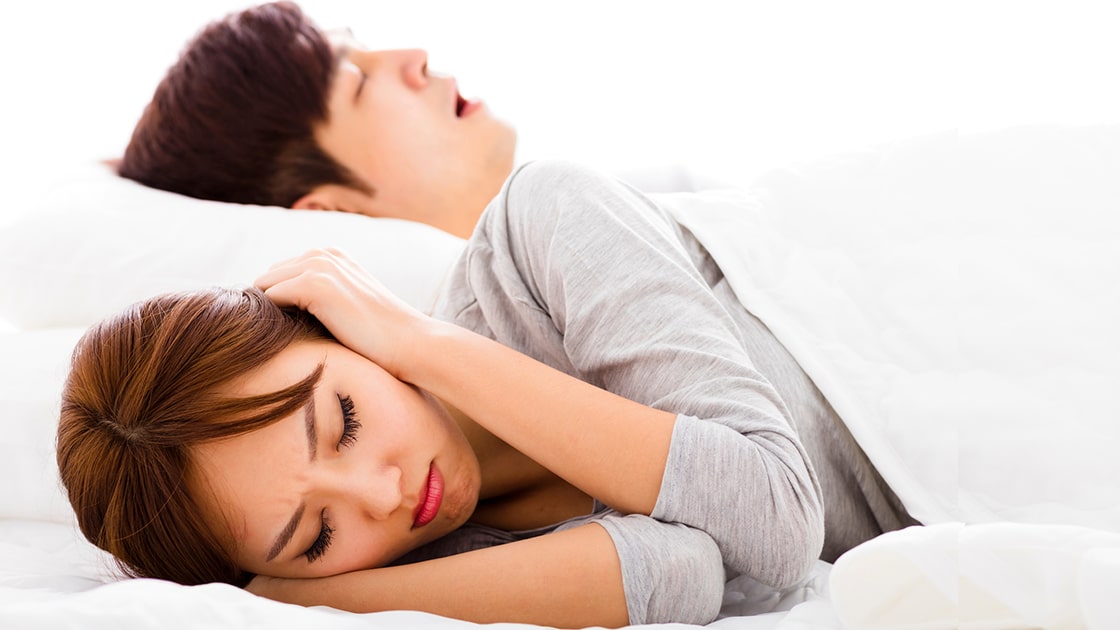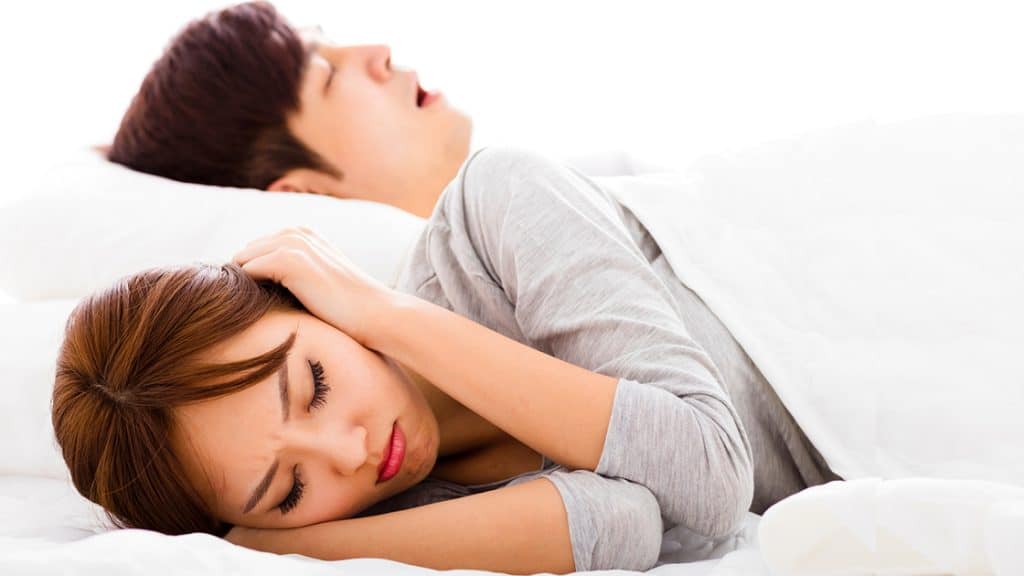
CPAP Machine Near Me Bergen County NJ
Living with untreated sleep apnea can significantly impact your daily life, leaving you feeling perpetually tired and affecting your overall health. If you’ve been diagnosed with Obstructive Sleep Apnea (OSA), a Continuous Positive Airway Pressure (CPAP) machine is a highly effective treatment that can restore your sleep and improve your well-being. This guide provides a comprehensive overview of how to find the right CPAP machine and support services in Bergen County NJ, empowering you to take control of your sleep health.
Navigating the world of medical equipment can feel overwhelming, especially when you are just starting. You may have questions about what type of machine you need, where to find a reliable supplier, and how to manage the costs. This article will walk you through each step of the process. We will cover the essentials of CPAP therapy, offer guidance on selecting the right device for your specific needs, and point you to trusted local resources. By the end, you will have a clear roadmap to begin your journey toward more restful nights and healthier days.
What You Need to Know About CPAP Machines
Before you begin your search for a CPAP machine, it is essential to understand what it is and how it works. A CPAP machine is a medical device prescribed to treat Obstructive Sleep Apnea (OSA). OSA is a condition where the muscles in your throat relax during sleep, causing your airway to narrow or close and temporarily stopping your breathing. These pauses, called apneas, can happen hundreds of times a night, disrupting your sleep and reducing the oxygen levels in your blood.
The CPAP machine prevents these apneas by delivering a steady stream of pressurized air through a hose and mask, keeping your airway open throughout the night. This continuous pressure ensures that you can breathe without interruption, leading to deeper, more restorative sleep.
The Different Types of PAP Therapy
While “CPAP” is often used as a general term, there are actually three main types of Positive Airway Pressure (PAP) devices. Your sleep specialist will determine which is most appropriate for you based on your diagnosis.
- CPAP (Continuous Positive Airway Pressure): This is the most common type of PAP device. It delivers a constant, fixed pressure throughout the night. Your doctor will prescribe a specific pressure setting based on the results of your sleep study.
- APAP (Automatic Positive Airway Pressure): An APAP machine automatically adjusts the air pressure based on your breathing needs. It uses advanced algorithms to detect airway narrowing and increases pressure to prevent an apnea. It then reduces the pressure when your airway is stable. This variability can make therapy more comfortable for some users.
- BiPAP (Bilevel Positive Airway Pressure): A BiPAP machine provides two different pressure settings: a higher pressure when you inhale (IPAP) and a lower pressure when you exhale (EPAP). This bilevel pressure can make it easier to breathe out against the airflow. BiPAP machines are often prescribed for individuals with high-pressure needs, certain lung disorders, or those who find it difficult to tolerate standard CPAP therapy.
Understanding these distinctions will help you have a more informed conversation with your healthcare provider and equipment supplier.
How to Choose the Right CPAP Machine for Your Needs
Selecting the right CPAP machine is a critical step in ensuring your therapy is both effective and comfortable. While your sleep specialist will provide the prescription, you often have a choice in the specific model and features. Here are key factors to consider when making your selection.

Understanding Your Prescription
First and foremost, your prescription from your sleep doctor is the foundation of your therapy. It will specify the type of machine (CPAP, APAP, or BiPAP) and the required pressure settings. Any machine you choose must be able to meet these prescribed parameters.
Key Features to Look For
Modern CPAP machines come with a variety of features designed to enhance comfort and usability.
- Heated Humidifier: Dry, pressurized air can cause irritation in your nose and throat. A heated humidifier adds moisture to the air, making it more comfortable to breathe. Most modern machines have an integrated or attached heated humidifier, which is highly recommended for users in New Jersey, especially during dry winter months.
- Ramp Feature: The ramp function allows the machine to start at a lower, more comfortable pressure and gradually increase to your prescribed pressure over a set period. This can make it easier to fall asleep.
- Expiratory Pressure Relief (EPR): This feature reduces the air pressure slightly when you exhale, making breathing feel more natural. Different manufacturers have different names for this technology (e.g., A-Flex, C-Flex, SmartFlex), but the function is similar.
- Data Tracking and Connectivity: Most new machines can track your usage data, such as hours of use, mask leak rate, and AHI (Apnea-Hypopnea Index). This information is valuable for you and your doctor to monitor the effectiveness of your therapy. Many devices now have wireless connectivity (via cellular modem or Bluetooth) that automatically uploads your data to a secure cloud platform, allowing your provider to monitor your progress remotely.
- Noise Level: A quiet machine is essential for both you and your bed partner. Look for devices with a low decibel (dBA) rating, typically under 30 dBA, which is about as quiet as a whisper.
The Importance of the CPAP Mask
The mask is just as important as the machine itself. An uncomfortable or poorly fitting mask is one of the main reasons people struggle with CPAP therapy. There are three primary types of masks:
- Nasal Pillows: These are small, lightweight cushions that seal directly at the entrance of your nostrils. They are a good option for people who breathe through their nose and want a minimal-contact mask.
- Nasal Masks: These cover your entire nose with a triangular cushion. They provide a secure seal and are suitable for individuals who require higher pressure settings.
- Full Face Masks: These masks cover both your nose and mouth, making them ideal for people who breathe through their mouth at night or experience nasal congestion.
Finding the right mask often requires trying a few different styles and sizes. A reliable equipment provider in Bergen County will offer mask fitting services to help you find the perfect match.
Finding Reliable CPAP Equipment and Support in Bergen County, NJ
Once you have your prescription, the next step is to find a reputable supplier, known as a Durable Medical Equipment (DME) provider. Choosing the right DME is crucial for a positive long-term experience with your CPAP therapy.
What to Look for in a DME Provider
- In-Network with Your Insurance: To minimize out-of-pocket costs, ensure the provider is in-network with your health insurance plan.
- Respiratory Therapists on Staff: A quality DME will have licensed respiratory therapists who can properly set up your machine, provide comprehensive training, and help you find the right mask.
- Ongoing Support and Supplies: Your CPAP journey doesn’t end after the initial setup. You will need to replace your mask, cushions, tubing, and filters regularly. A good provider will have a reliable resupply program to ensure you always have fresh, clean equipment.
- Local Presence: Having a local office in or near Bergen County can be invaluable for in-person support, mask fittings, and troubleshooting. While online suppliers exist, they cannot offer the same level of hands-on service.
Why Sleep Better Solution Delivers the Best CPAP Experience
At Sleep Better Solution, we are dedicated to providing patients in Bergen County with a superior sleep therapy experience. We believe that educated patients are empowered patients, and our process reflects this commitment.
Our team consists of experienced professionals who specialize in screening for and treating Obstructive Sleep Apnea. We guide you through every step, from initial diagnosis to long-term therapy management. We utilize advanced technology, like the FDA-cleared SleepImage wearable ring, to ensure accurate diagnostics in the comfort of your own home.
When it comes to treatment, we don’t just hand you a machine. Our respiratory therapists provide personalized setup and training, ensuring you are comfortable and confident with your equipment from day one. We offer a wide range of the latest CPAP machines and masks from leading manufacturers, and our experts will work with you to find the perfect fit for your needs and lifestyle. Our ongoing support and streamlined resupply program make it easy to stay compliant and get the most out of your therapy.
Understanding CPAP Costs: Insurance Coverage and Payment Options
The cost of CPAP equipment is a common concern. A new CPAP machine can cost anywhere from $500 to over $1,000, and masks and supplies add to the expense. Fortunately, most health insurance plans, including Medicare, provide coverage for CPAP therapy as it is considered essential medical treatment.

How Insurance Coverage Works
Coverage details vary by plan, but typically your insurance will cover a significant portion of the cost once your deductible has been met. Most insurance companies have a “compliance” requirement, meaning you must use the machine for a certain number of hours per night (usually at least 4 hours per night for 70% of nights) for them to continue covering the costs of the device and supplies.
The machine itself is often covered as a rental for the first several months (e.g., 10-13 months), after which you will own it. Replacement supplies like masks, cushions, and tubing are also covered on a set schedule.
It is vital to contact your insurance provider directly to understand your specific coverage for Durable Medical Equipment. A reliable DME provider like Sleep Better Solution will also help you verify your benefits and navigate the insurance process.
Essential Daily Tips for CPAP Success
Adjusting to CPAP therapy takes time, but establishing a consistent routine can make the process much smoother.
How to Stay Consistent with Your CPAP Therapy
- Use it Every Night: Consistency is key. Make a commitment to use your CPAP every time you sleep, including for naps.
- Practice During the Day: To get used to the sensation, try wearing your mask and turning on the machine for short periods while you are awake and doing a quiet activity like reading or watching TV.
- Keep Your Equipment Clean: Clean your mask and humidifier chamber daily with mild soap and water. Clean your tubing and headgear weekly. Regular cleaning prevents skin irritation and reduces the risk of respiratory infections.
- Address Issues Promptly: If you experience mask leaks, dry mouth, or any other discomfort, don’t just give up. Contact your DME provider. A simple adjustment to your mask fit or machine settings can often resolve the issue.
Ready to Start? Your Journey to Better Sleep Begins Here
Treating your Obstructive Sleep Apnea is one of the most important investments you can make in your health. With the right equipment and support, you can overcome the challenges of OSA and reclaim your energy and vitality.
If you are in Bergen County, NJ, and are ready to take the first step, Sleep Better Solution is here to help. Our dedicated team is committed to providing you with the expert guidance, high-quality equipment, and ongoing support you need to succeed with CPAP therapy. We will work with you and your doctor to create a personalized treatment plan that fits your needs and helps you achieve the restful sleep you deserve.
